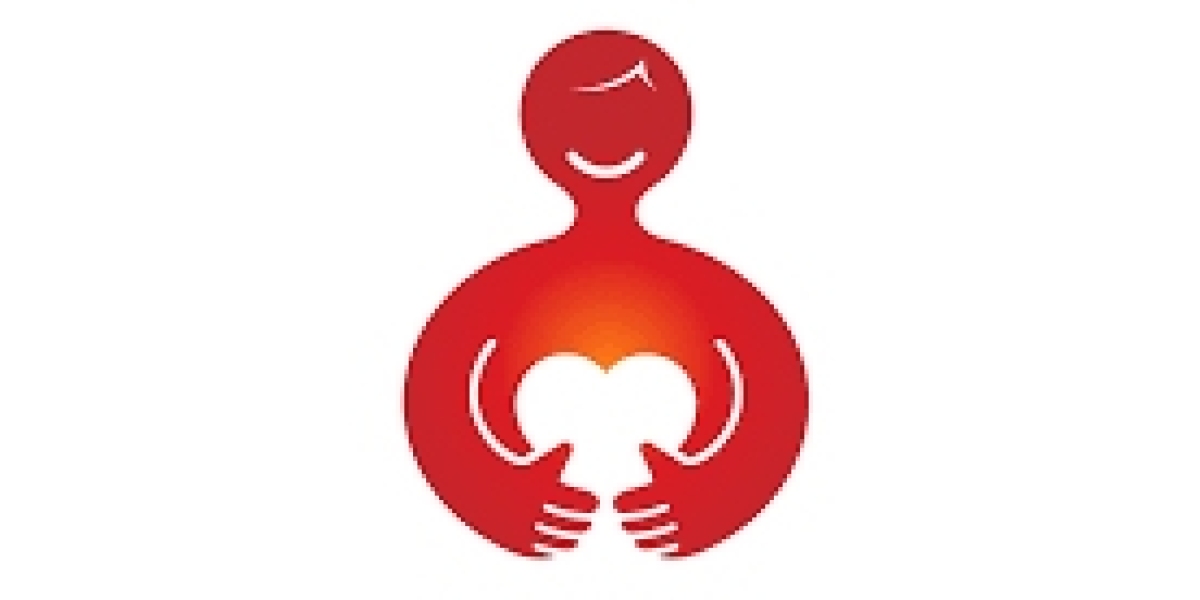Anxiety is a common mental health problem that impacts people of all backgrounds. However, because of societal stigmatization, discrimination, and the difficulties of navigating personal identity in a heteronormative world, anxiety can manifest in unique and multifaceted ways within the LGBTQ+ (lesbian, gay, bisexual, transgender, queer, and other gender and sexual minorities) community. A comprehensive understanding and specialized support networks are necessary due to the complicated environment created by the intersectionality of LGBTQ+ identities and mental health issues.
Recognizing the Causes of Anxiety in the LGBTQ+ Population
The LGBTQ+ group frequently experiences social stigma, institutional discrimination, and prejudice, all of which have a negative effect on mental health. LGBTQ+ people have elevated levels of stress and anxiety due to a variety of factors, including not having legal protections, bullying, occupational discrimination, and rejection from peers or family. Chronic anxiety disorders can result from the fear of violence, rejection, or invalidation due to one's gender identity or sexual orientation. This dread adds another level of stress to one's life.
An LGBTQ+ person's coming out is a significant life event that can cause a great deal of worry. A persistent sense of unease is frequently brought on by the dread of being rejected, abandoned, or met with hostility from loved ones and society at large. Furthermore, the pressure to live up to society expectations and norms exacerbates internal conflict and feeds anxiety in those who might feel like they don't belong.
Particular Difficulties Faced by Various Identity
Every letter in the LGBTQ+ spectrum faces unique difficulties that fuel anxiety. For example, transgender people have a multitude of challenges in obtaining healthcare that affirms their gender identity, dealing with prejudice, and navigating a culture that is frequently ignorant of or hostile to their gender identity. These difficulties are some of the things that make people feel more anxious and distressed.
Bisexual people may also encounter erasure in heterosexual and LGBTQ+ communities, which can make them feel invisible and unvalidated for their sexual orientation. Their mental health may be severely impacted by this invalidation, which can exacerbate feelings of loneliness and anxiety.
Lesbians, gay men, and queer people may experience stress as a result of expectations and prejudices about their sexual orientation in society. They may experience increased anxiety as they negotiate their identities in a heteronormative society as a result of this pressure to fit in or defy social standards.
Effect on Well-Being and Mental Health
LGBTQ+ people's mental health may suffer as a result of the interplay between societal pressures, discrimination, and the personal battle to embrace oneself. Compared to their heterosexual and cisgender colleagues, research suggests that they are more likely to have anxiety disorders, despair, substance misuse, and suicidal ideation. These differences in mental health are also exacerbated by persistent stressors and a dearth of systems of assistance that are suited to their requirements.
Breaking Through Obstacles: Assistance and Protest
Anxiety among the LGBTQ+ community needs to be addressed in a multimodal way that includes advocacy for mental health, social change, and individualized care.
1. Creating Safe Spaces:
It's critical to provide real and virtual safe spaces where LGBTQ+ people can feel supported and accepted. These areas offer services for mental health help, a sense of belonging, and affirmation. In order to reduce anxiety and provide a feeling of community, organizations and community centers that provide LGBTQ+ affirming treatment and support groups are essential.
2. Education and knowledge:
In order to fight stigma and discrimination, it is crucial to advance education and knowledge on LGBTQ+ issues. In schools, businesses, and healthcare settings, comprehensive education may foster inclusive cultures and lessen the anxiety that results from bias and ignorance.
3. Accessible Mental Health Services:
It's critical to increase people's ability to obtain professional, affirming mental health services. Mental health results can be greatly enhanced by educating mental health providers about the particular difficulties LGBTQ+ people encounter and about the importance of delivering culturally competent care.
4. Advocacy and Policy Change:
One of the most important ways to lessen anxiety associated with societal prejudice is to advocate for legislation that safeguard the rights of LGBTQ+ people. Ensuring legal safeguards against discriminatory practices in housing, employment, healthcare, and education helps foster a more just and nurturing community.
5. Peer Support and Community Engagement:
Encouraging peer support groups and community involvement programs helps LGBTQ+ people feel resilient and united. Anxiety and feelings of loneliness can be reduced with the help of peers who can relate to and understand one another's experiences.
In summary
Within the LGBTQ+ community, anxiety is a complicated problem that has its roots in discrimination, societal stigma, and the difficulties of navigating one's own identity. A comprehensive strategy including the creation of safe spaces, community support, education, advocacy, and easily accessible mental health services is needed to address these issues. We can work toward a future where LGBTQ+ people feel validated, accepted, and empowered to lead mentally healthy lives by promoting inclusivity, understanding, and support. It is imperative to acknowledge the interconnectedness of LGBTQ+ identities and mental health, and to strive towards a society that is more equitable and compassionate for all.









